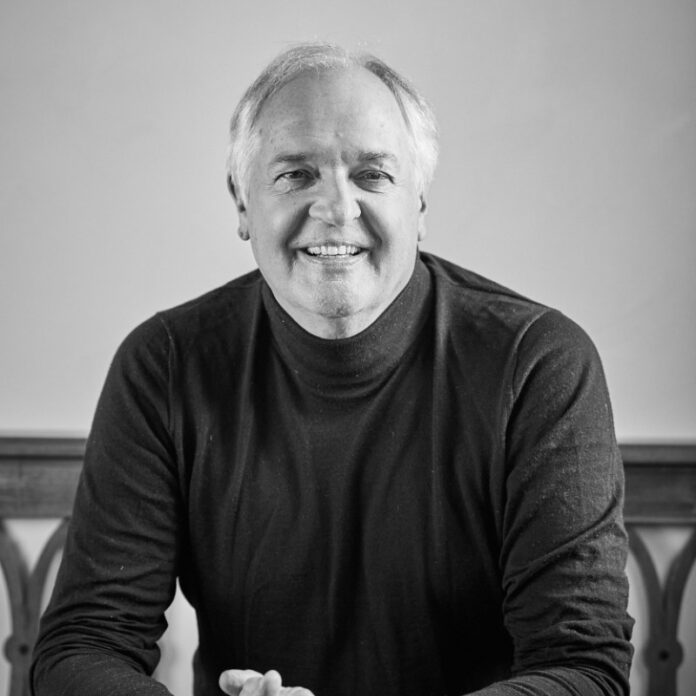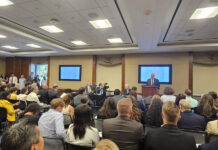By Paul Polman
Coming off the hottest year on record, the dangers of climate change are increasingly understood, including by business and wider society. Less understood is the link between combatting our climate crisis and supporting basic rights and liberties.
Mary Robinson, the former United Nations High Commissioner for Human Rights, summed it up best when she said: “Climate change is the greatest threat to human rights in the 21st century.” Extreme weather, disruption and upheaval, and conflict over resources prevent people the world over from leading safe and healthy lives. Sadly, the poorest and most vulnerable are impacted most.
We need a collective response to climate change that has justice, compassion and fairness at its heart. As we enter one of the most profound periods of social and economic transformation in human history, we must protect the most fundamental freedoms of all.
Despite its shortcomings, last month’s COP28 in Dubai at least put greater focus on climate justice. Overall, the talks reached a better outcome than many had expected. But the United Arab Emirates’ ability to lead bold action was limited by its government’s ties to the oil industry, and because of its dubious record on human rights. This was a problem in Egypt the year before, and it threatens to undermine the upcoming COP29, which to the surprise of many will be held in Azerbaijan.
Oil and gas already make up around 90 percent of Azerbaijan’s export revenues, and the government is openly working to increase gas production. At the same time, people suffer torture, arbitrary detentions and lack of an independent judiciary, while the government continues to hold more than 100 political prisoners. Independent media is stifled, with six journalists recently imprisoned. This raises the question: will the thousands of independent journalists willingly put themselves at risk to cover — and potentially criticize — COP29 in Azerbaijan?








